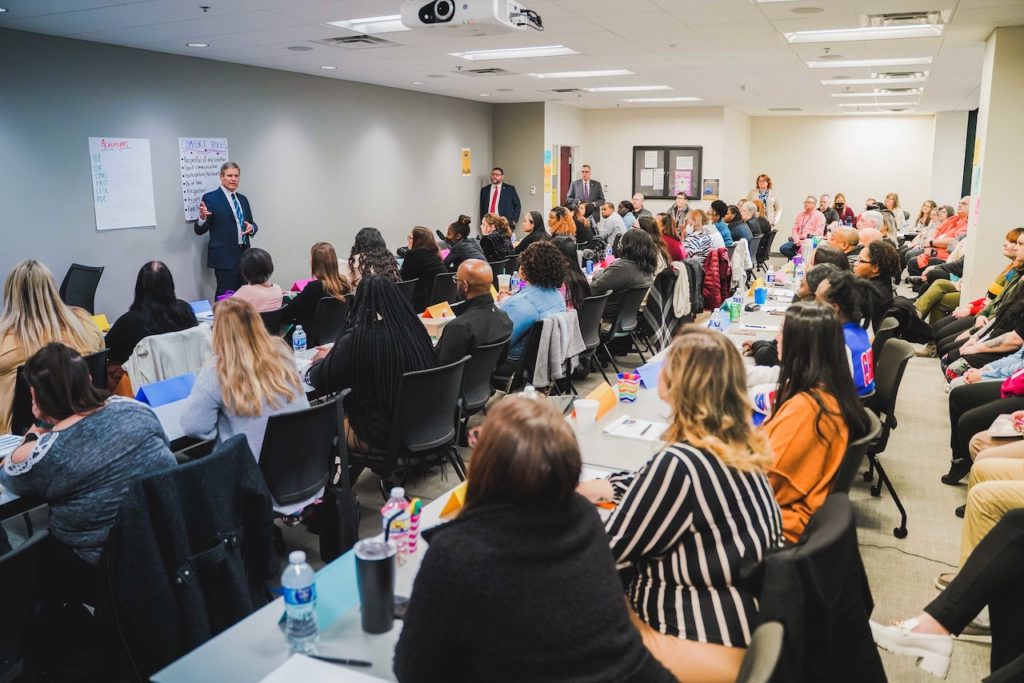
Tennessee’s Department of Children’s Services could stand to revisit federal oversight that lifted in 2017, say child welfare advocates and legal experts. The court settlement known as “Brian A” required that the state spend money on critical improvements, like having enough case managers so they didn’t handle more than 20 children at a time.
Former DCS general counsel Mary Walker says the agreement is “a wonderful document” and could help the present struggles.
“I don’t know all the ins and outs. I know there are problems — the caseloads of workers, the multiple placements of children, not having enough foster homes — that was resolved through the implementation plan of Brian A,” she told This Is Nashville. “We are back to it. It appears.”
Walker says she’s hopeful it won’t take another lawsuit and that DCS will accept outside help from people with expertise.
The department’s current commissioner, Margie Quin, declined the invitation to appear on the show. But this week, she asked state lawmakers for a mid-year cash infusion, mostly to expand group home capacity.
But organizations like Disability Rights TN have been asking that more money go to helping keep kids with their relatives. The nonprofit released a report in December titled “Families Not Facilities.”
More: Inside Tennessee’s Department of Children’s Services
“Unfortunately, so many of their recommendations are focused on capacity building at facilities rather than supporting families and providing services in the community, which is what we’ve really been advocating for,” said Zoe Jamail, the nonprofit’s policy coordinator.
In a hearing with state lawmakers, DCS officials said the group home capacity would ease the burden on case managers, who are currently spending much of their time tending to children in custody who have nowhere to go. Many end up sleeping in offices.
But they also acknowledged that some of the money they planned to use for group home capacity was from salary money that’s sitting around unused. Nearly half of DCS case managers are quitting within their first year.
“The turnover that’s reported on the first-year social workers is particularly concerning,” Walker said. “The commitment that they might have had when they came to the department is lost.”

